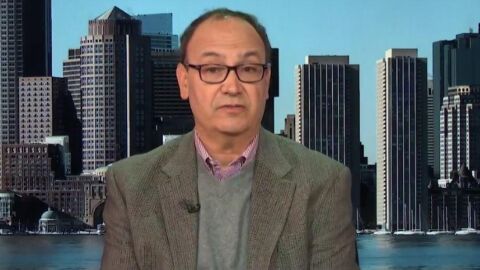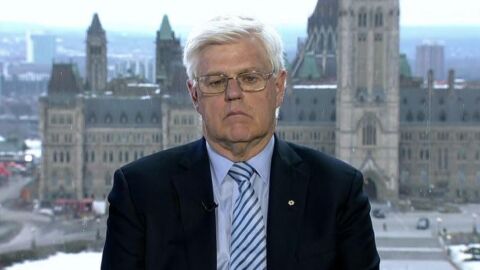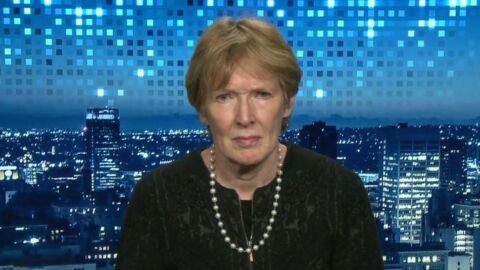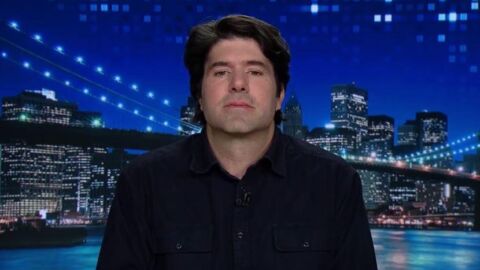Read Transcript EXPAND
CHRISTIANE AMANPOUR: What is the terrible downside that you can see historically about a crash out of the EU?
MARGARET MACMILLAN, PROFESSOR EMERITUS OF INTL. HISTORY, OXFORD UNIVERSITY: I think what worries me is the residue that it will leave. I think it’s going to leave a lot of bitterness. I think there are going to be people on both sides who feel that they didn’t want what happened, they didn’t get what happened. I think a lot of people, particularly in England I think, particularly in the strongly leave areas, are going to find that a lot of what they had hoped would happen isn’t happening. There’s going to be a lot of disappointment. And so I think we’re going to be left with whatever happens, I think, at this stage. We’re going to be left with an unhappy and divided, particularly England, I think. I mean, I think the Scots are clear of what they want; the Irish are divided, certainly. But I think they have a clearer sense of who they are. But I think England is going to be really deeply divided and affected by this for a generation.
AMANPOUR: Only a generation? I mean, you have studied history, you know, going back hundreds of years. What do you think in a generation, or even decades beyond that, what will people be saying about this moment? Or where do you think we’ll be?
MACMILLAN: Well, I don’t know where we’ll be. I mean, I think if Britain crashes out, and I think that really is a strong possibility now, it may well be that we see the breakup of the United Kingdom. I mean, Scotland has a strong independence movement. Where that will go is anyone’s guess. There is now talk in Ireland, on both sides of the border, that perhaps the time has come for the two islands to be back together again. And that would be really interesting. And so we may see a much smaller United Kingdom, with perhaps just Wales, and possibly, Northern Ireland and England. And I suspect we may see England or Britain, which has much less influence in the world than it is hoping to have — I mean, if it’s smaller. And I may be wrong, and I hope in a way that all this doesn’t come to pass. But if it’s a smaller Britain, then its influence in the world will be less. It’ll be finding it harder to make trade deals. And so I think we may see a Britain that goes back to somewhere the way it was in the 15th century: much smaller, and on the fringes of Europe.
AMANPOUR: So, just remind our viewers, on the fringes of Europe — but what was Britain in the 15th century? What did it do? What was its footprint, so to speak?
MACMILLAN: Well, Britain in the 15th century, it was really England plus Wales. Scotland was an independent, and often hostile, kingdom. Ireland was under the rule of the English, but a very unhappy Ireland. They were constantly dealing with the revolts. It was a country that saw wars in the 15th century, which finally ended when Henry VII became King, and set up the Tudor dynasty. But it was also a country that was constantly worried about what was happening on the continent, worried about invasion, and worried about its neighbors over there on the other side of the channel. Now, I’m not saying that’s going to happen again. But I think we should remember that Britain and England have gone through many phases in the history. And the 19th century was the heyday of the British Empire, but that’s long since gone. And it may be that we’re simply seeing a return to what was an older pattern, with perhaps a less important British Isles sitting on the edge of Europe.
About This Episode EXPAND
Eight days from Brexit and still no deal: historian Margaret MacMillan puts the chaos into context; Director J.C. Chandor joins the program to discuss his new film “Triple Frontier” about the impact of war on America’s veterans; Daniel Golden, the author of “The Price of Admission,” on what college hopefuls face when choosing the school of their dreams.
LEARN MORE



